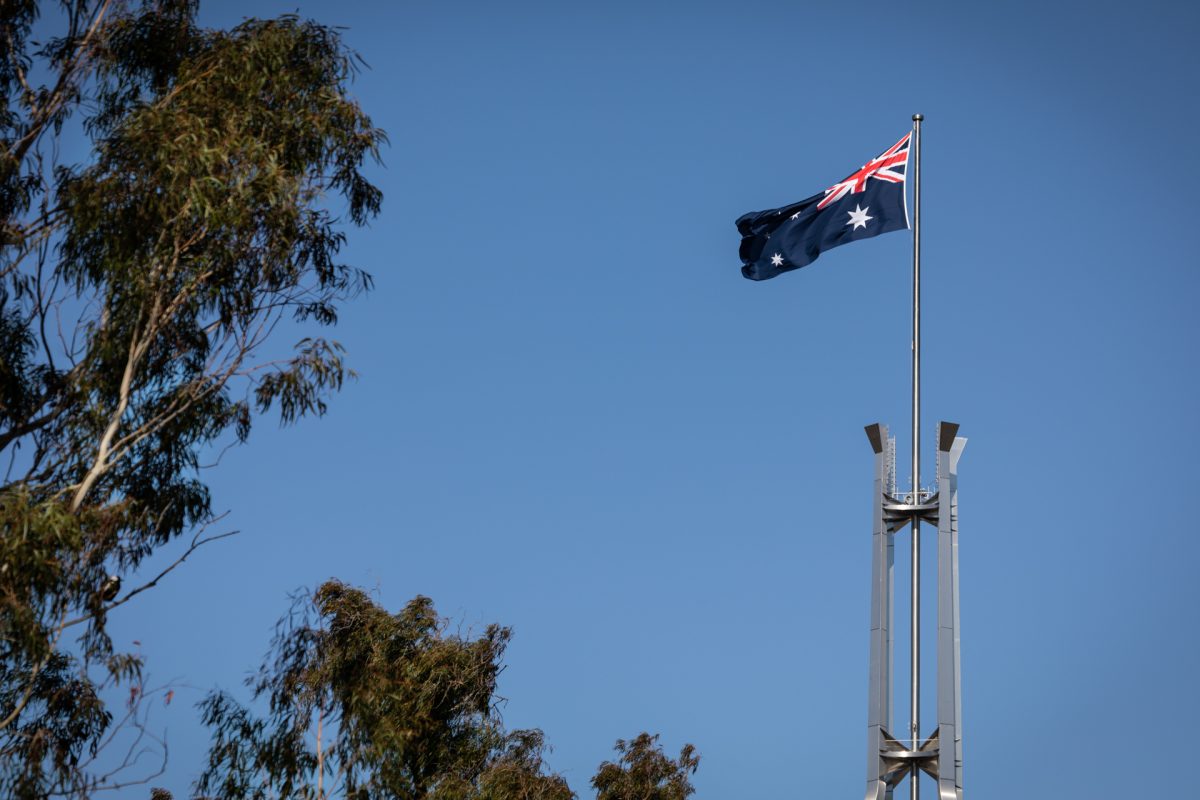
The Federal Government has taken steps to ensure violent non-citizen criminals can’t stay in Australia. Photo: Michelle Kroll.
Move over Direction 99 and make way for Direction 110.
Following weeks of political pressure, Immigration Minister Andrew Giles has issued a new directive to replace Direction 99 in relation to cancelling visas and the deportation of convicted criminals.
Direction 110, the Minster says, will make it clearer that even if non-citizens have lived most of their lives in Australia, they should still be deported if they have histories of family or sexual violence.
Direction 99 will be revoked on 21 June when Direction 110 comes into effect.
“The new revised direction will make crystal clear that the Australian government expects community protection to be given greater weight when it comes to via decisions,” Mr Giles said on Friday (7 June).
“It makes it clear that the safety of the Australian community is the Albanese government’s highest priority and includes this as a key principle of the decision-making framework.”
Direction 99, issued in January last year, backfired massively on the government recently with revelations that several violent people had escaped deportation due to their connections with Australia.
Some subsequently continued with violent crimes in this country.
Mr Giles said the Administrative Appeals Tribunal had misinterpreted the directive in its application of reissuing visas, and had not prioritised community safety as its primary consideration.
The Minister said he had re-cancelled 40 of those reissued visas in just one week.
The superseded directive will still shape the new one, however, with the wording changed from “will generally afford a higher level of tolerance of criminal or other serious conduct by non-citizens who have lived in the Australian community for most of their life” to “may’’ afford such tolerance.
The new direction also states “the safety of the Australian community is the highest priority of the Australian government”.
The Minster would not concede the earlier direction was a mistake and he has consistently rebuffed Opposition calls for his resignation or sacking over the debacle.
“I’m taking responsibility for putting in place a direction that sends a clear signal to decision-makers and the Australian community about how they should go about making these decisions,” he said.
The new direction partly goes back on a deal Prime Minister Anthony Albanese made with the New Zealand Government to stop deporting its nationals who had held residency in Australia most of their lives.
Many were born in New Zealand, but other than that had little connection. Yet they didn’t qualify for actual Australian citizenship.
New Zealand argued that those who had a history of violent crimes were actually a product of Australia.
The New Zealand Government has expressed its displeasure that Direction 99 was about to be overturned.
Australia’s shadow home affairs minister James Paterson, however, said while he hoped the new direction would be an improvement, he saw no evidence that it would be because it kept the “community ties” component.
Human rights groups have also expressed concern that Direction 99 was the subject of political debate.
More than 40 organisations, headed by the Human Rights Law Centre, issued a statement to say the commentary has been misleading.
“We are deeply concerned by the ongoing attacks in media and political commentary on ministerial direction 99 and independent decision-making in character matters by the Administrative Appeals Tribunal,” the statement read.
“These attacks are misleading and discriminatory and threaten the rule of law.”
The incoming Administrative Reviews Tribunal replaces the Administrative Affairs Tribunal.













